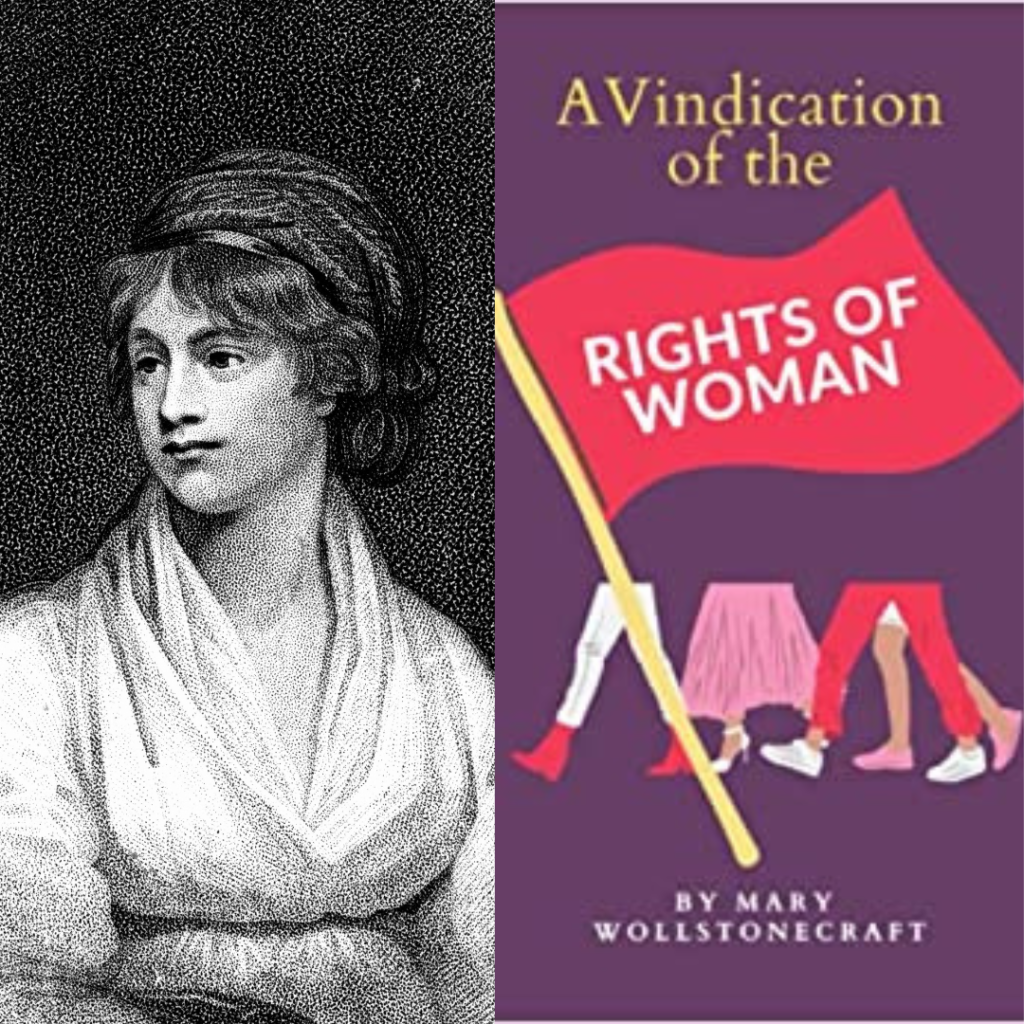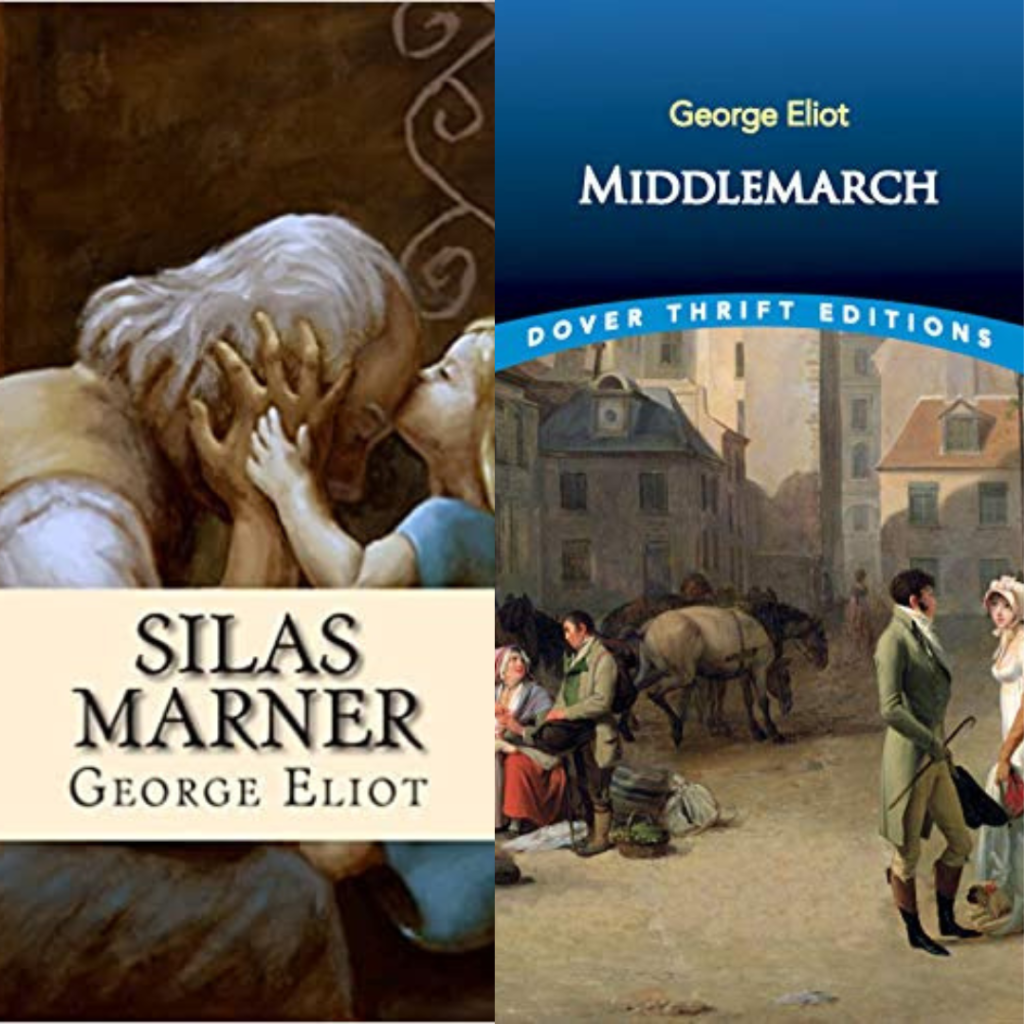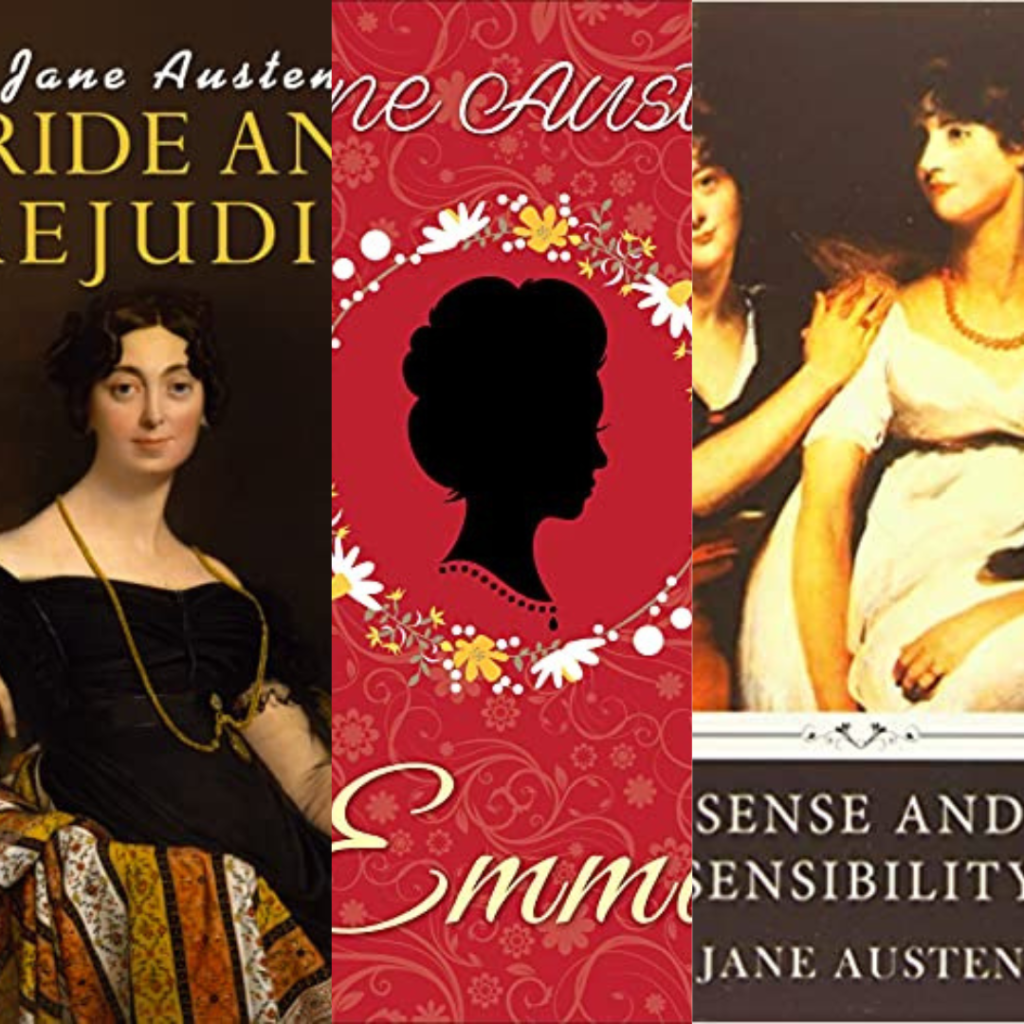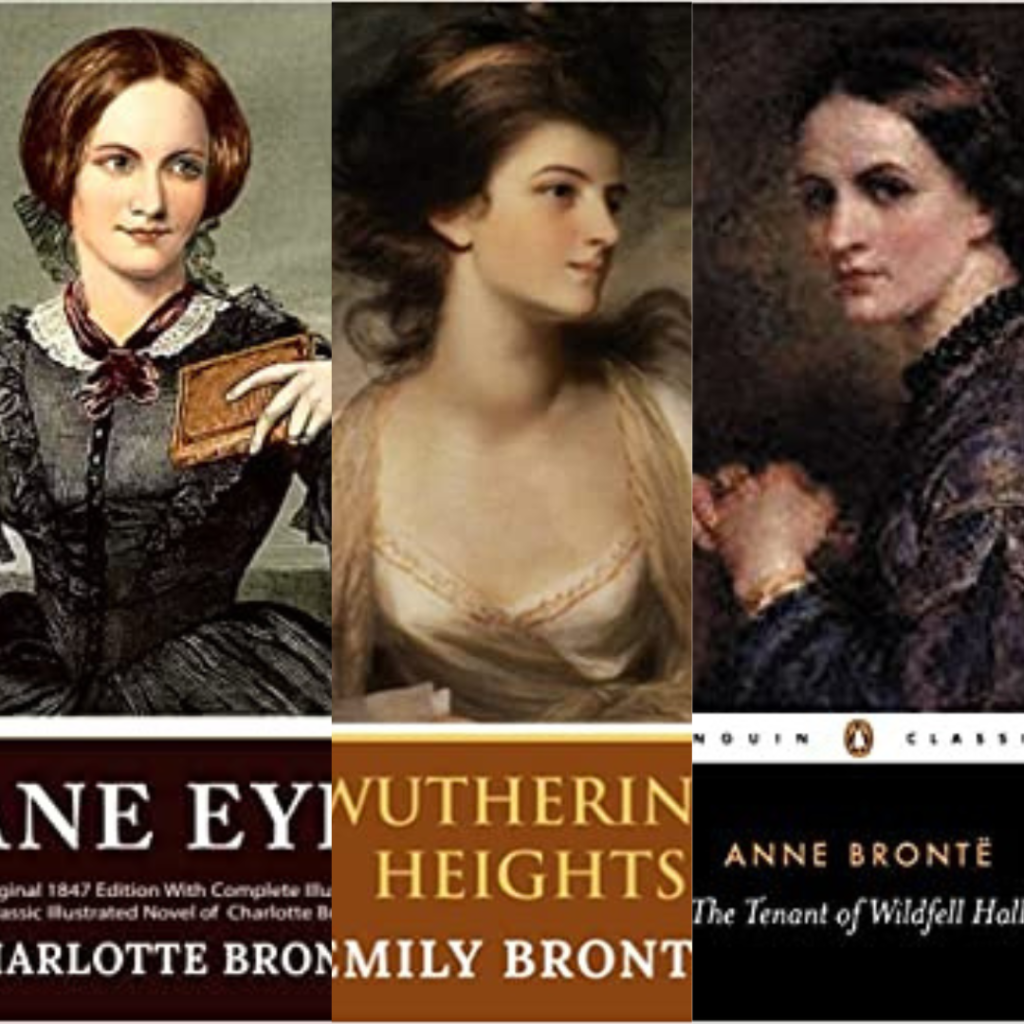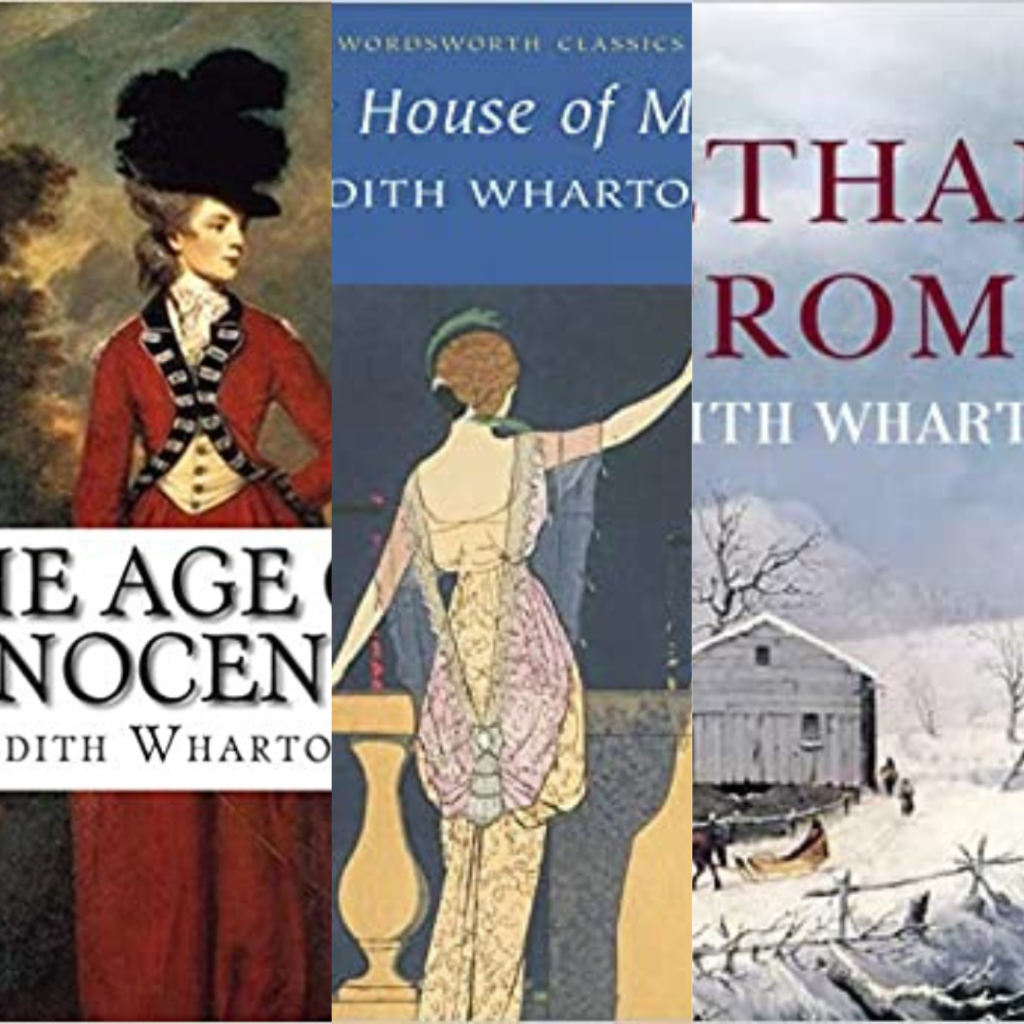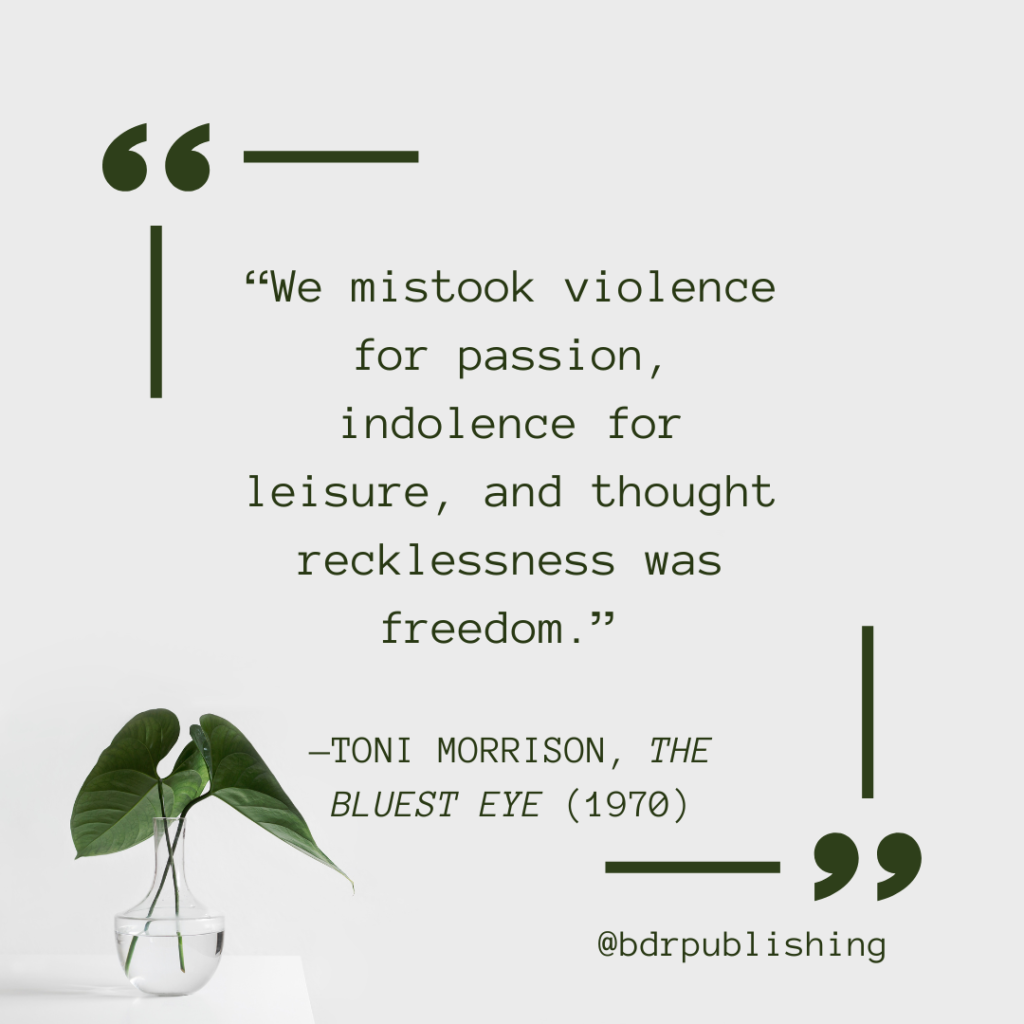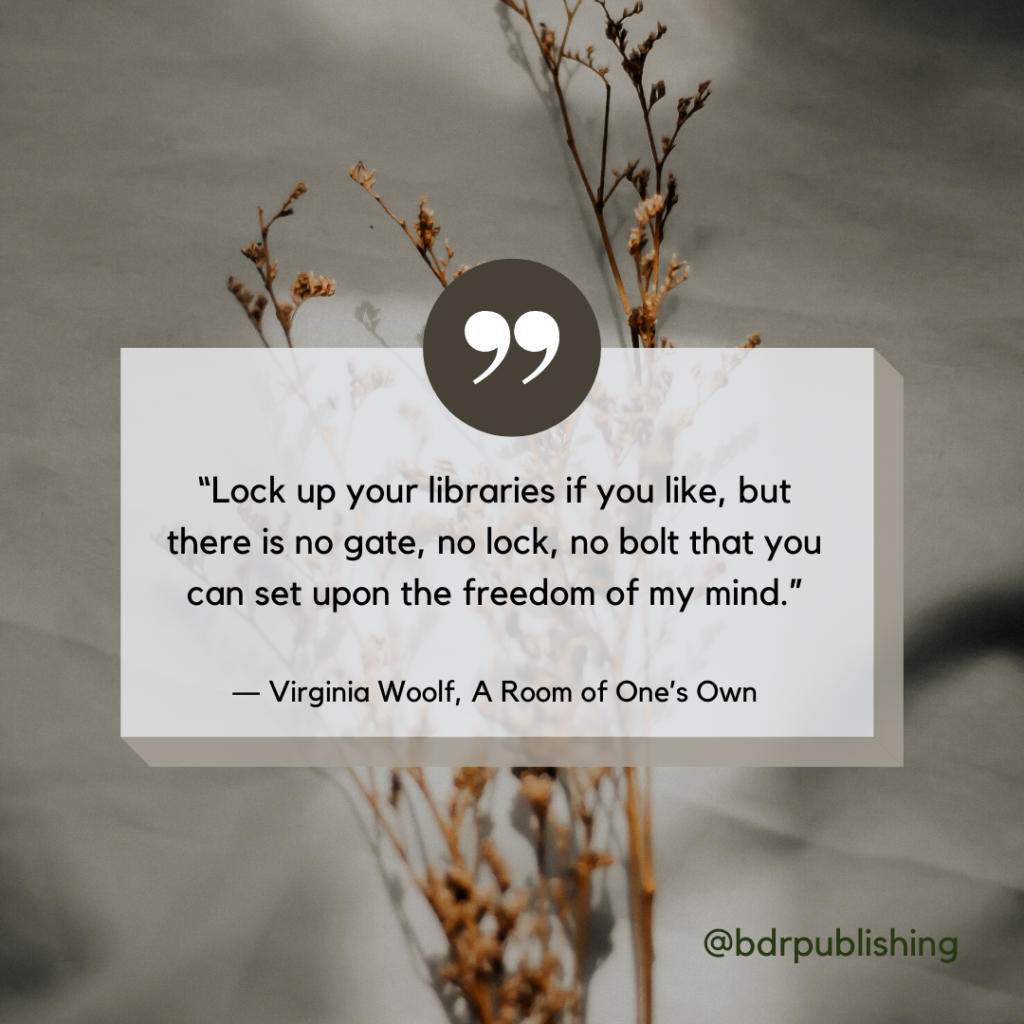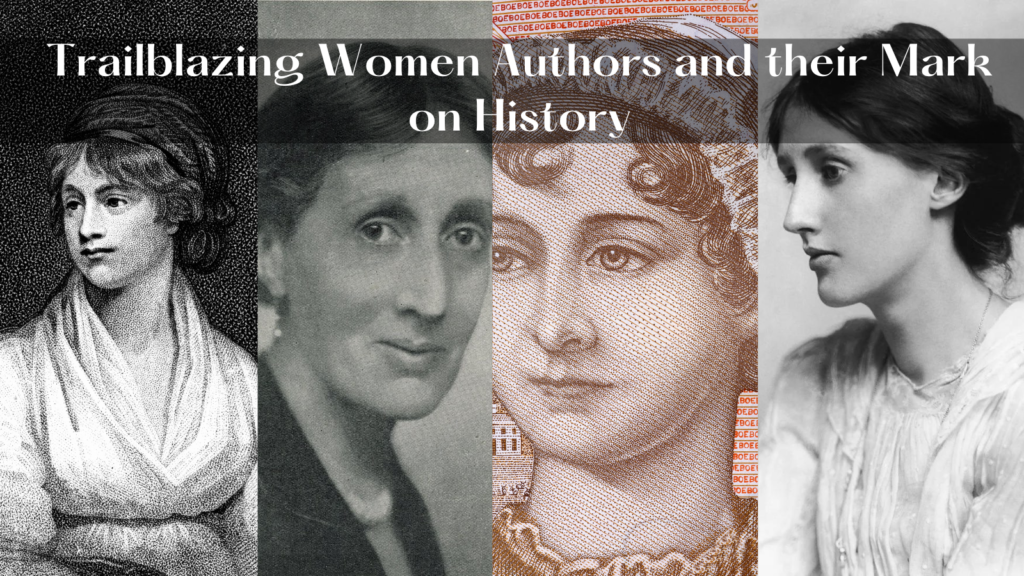By Erin Poche
To celebrate women’s history month, let’s take a look at a few revolutionary writers who set the stage in a once all-man’s world. These grand dames challenged the writing status quo by transforming the look and feel of fiction and set the wheels in motion for today’s 21st-century foxes.
Such revolutionary writers made big waves and headlines back in the day with themes of equality and opportunity for women of all classes. Not to mention they offered diversity—enough Henry James already!
They paved the way for Toni Morrison, Willa Cather, Dorothy Parker, Maya Angelou, Margaret Atwood, Zadie Smith, Gillian Flynn, and many others.
The world would be a dark place without these famous ladies who crossed the line and penned their pages, so read their books, learn their names, and whatever you do, don’t overlook the margin of their mark in history.
The Mother of Feminism
Did you know the women’s rights movement thrived as early as 1792? Imagine a world where girls were given the same education, opportunity, and encouragement as boys. Mary Wollstonecraft did. This renowned writer and activist championed women, challenged patriarchy, and argued that with equal rights, women might benefit society as a whole.
Her publication, A Vindication of the Rights of Woman, advocated egalitarianism for females and expanded Enlightenment ideas setting the course for future suffragettes.
Interesting Fact: In the late 18th century, fiction writing for cash was considered unladylike and a ne-er-do-well occupation, comparing some lady writers to prostitutes.
Like Mother, Like Daughter
Mary Wollstonecraft died shortly after giving birth to her daughter, Mary Shelley. Shelley followed in her mother’s footsteps, married the radical poet Percy Bysshe Shelley, and became recognized as the mother of science fiction after famously penning the Gothic novel Frankenstein, the world’s first sci-fi novel.
Other Victorian Heroines
Beyond the two Marys, other Victorian women who shattered the literary glass ceiling were George Eliot, Jane Austen and ‘George Sand,’ the nom de plume of Amantine Lucile Aurore Dupin. The fearless French author, George Sand, used a man’s name to disguise her sex for publication. She believed the powers that be wouldn’t take her work as seriously if they knew she was a woman.
Another leading Victorian writer who went by “George” was the novelist George Eliot, born Mary Anne Evans. Hailed as one of the most influential authors of the 19th century, she wrote over two hundred novels, including Silas Marner and Middlemarch.
Fun Fact: Did you know that in addition to being one of the few wives of Henry VIII to keep her head, Catherine Parr was a noted writer?
A Class of Her Own
One more writer who penned her early work under the pseudonym “A Lady” was the insurmountable Jane Austen. Austen’s genius should be recognized by the mere fact that her work is still wildly popular after 200 years. Though heralded as the first romance writer, her books contained feminist themes that questioned a woman’s worth beyond marriage. Achieving worldwide celebrity with countless television and film adaptations, her groundbreaking writing challenged polite society norms and the upper-middle-class treatment of women. Her six novels include Pride and Prejudice, Emma, and Sense and Sensibility.
A Tale of Three Sisters
Who says talent isn’t genetic? Charlotte, Anne, and Emily Brontë—three remarkable writers who brought the world to its heels with their classic novels that, like Austen, have withstood the test of time. The Brontës also published their work under male pseudonyms.
Charlotte, the eldest, wrote the beloved Jane Eyre, while her younger sister Emily wrote Wuthering Heights. The youngest sister, Anne, was also a well-known poet and novelist with the Tenant of Wildfell Hall.
American Literary Legends
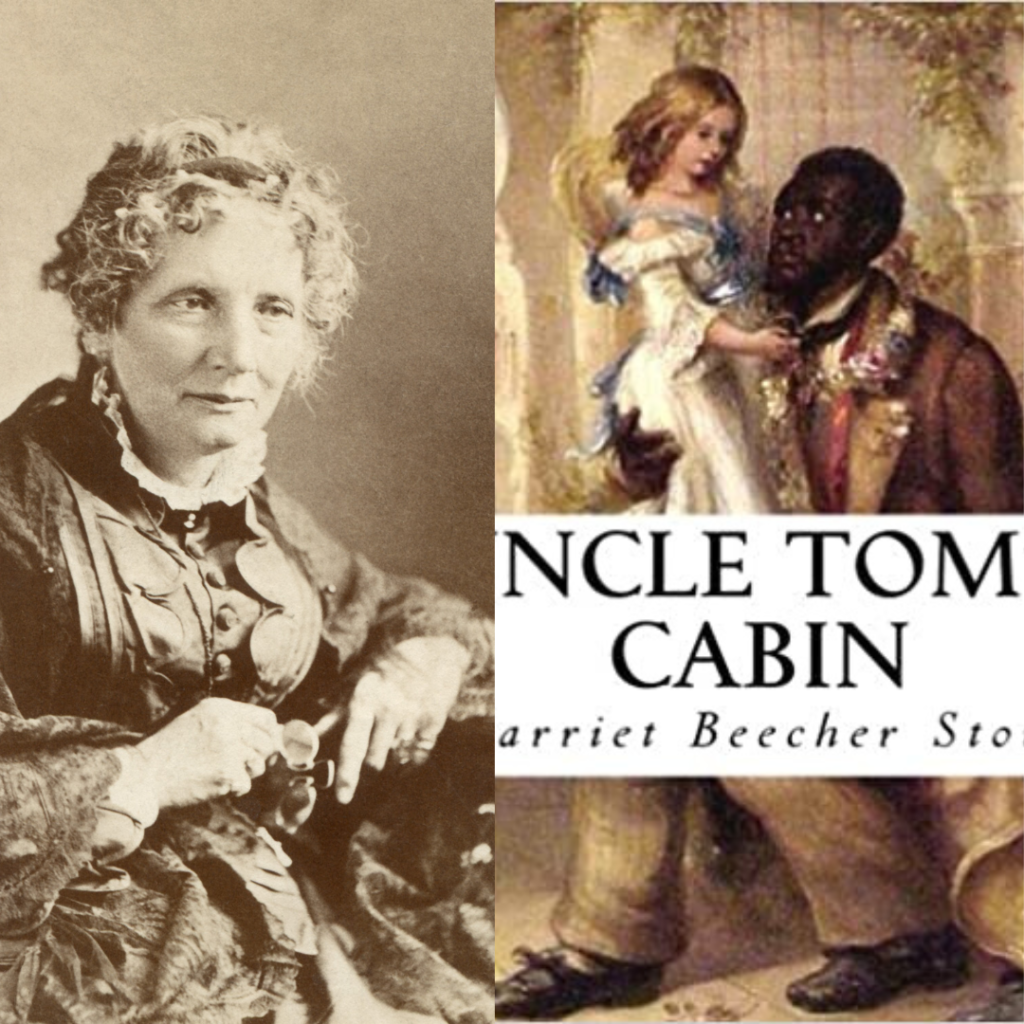
Around the same time, across the pond, some other incredible women changed history with their pens. Harriet Beecher Stowe, a staunch abolitionist, published more than 30 books, but most notably, her best-selling Uncle Tom’s Cabin fiercely promoted the anti-slavery movement.
American writer Edith Wharton won the Pulitzer Prize for Literature in 1921 for her novel, The Age of Innocence; other work includes The House of Mirth and Ethan Frome.
Zora Neale Hurston, possibly the most important Black woman writer in American history, influenced a brilliant generation of distinguished authors such as Toni Morrison, Maya Angelou and Alice Walker. Hurston was not only a writer but an anthropologist and filmmaker. Her 1937 novel, Their Eyes Were Watching God is considered a classic of the Harlem Renaissance.
Acclaimed American poet, author and civil rights activist Maya Angelou made history with her 1969 memoir; I Know Why the Caged Bird Sings, the first bestseller by a Black woman. Angelou won over 30 honorary degrees, including the Presidential Medal of Freedom award, the United States’ highest civilian honor.
Other prolific writers to follow Angelou include Toni Morrison, who received the Nobel prize for Literature in 1993, and Alice Walker, the first Black woman to win a Pulitzer Prize and National Book Award. Her critically acclaimed novel, The Color Purple, was adapted into an academy-award nominated film directed by Steven Spielberg.
British Literary Legends
No list of outstanding women writers would be complete without including the Queen of Crime, Dame Agatha Christie. Considered THE best-selling female author of all time, her most famous novels include Murder on the Orient Express and The ABC Murders. Christie’s written over 75 books translated into over 50 languages, with many of her stories gracing Hollywood’s silver screen.
Fun Fact: The only works that have sold more than Agatha Christie’s? Shakespeare and the Bible.
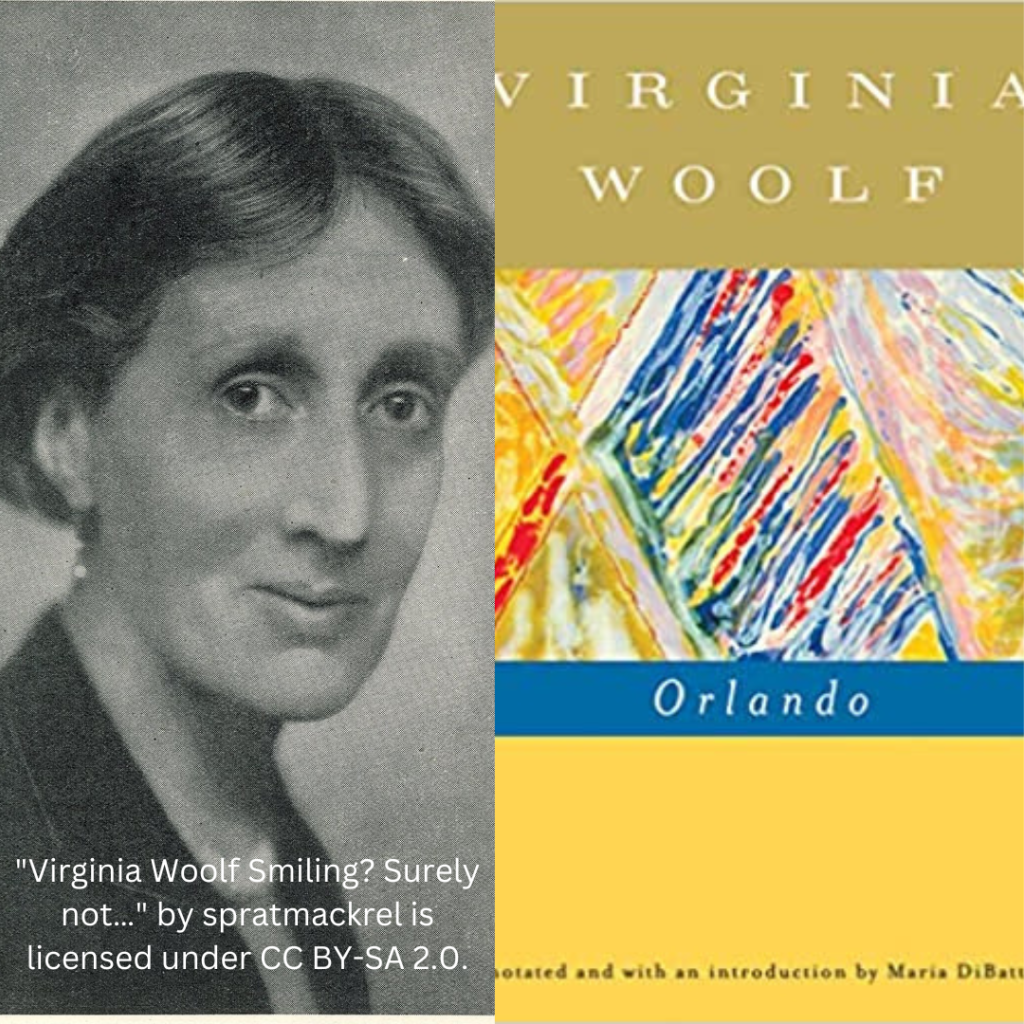
Another British writer ahead of her time was Virginia Woolf, a liberal-minded, modern feminist whose scandalous Orlando had critics and scholars incensed and perplexed in equal measure. The story depicts the adventures of a poet who changes sex from a man to a woman. Today this feminist classic is a leading work in gender-fluid and transgender studies.
Needless to say, the world would be a lesser place without To Kill a Mockingbird, The Color Purple, Little Women, and Frankenstein.
These inspiring literary giants, who happened to be female, didn’t just entertain. They empowered others through their strong prose; though we may turn to dust, their written pages will endure.

